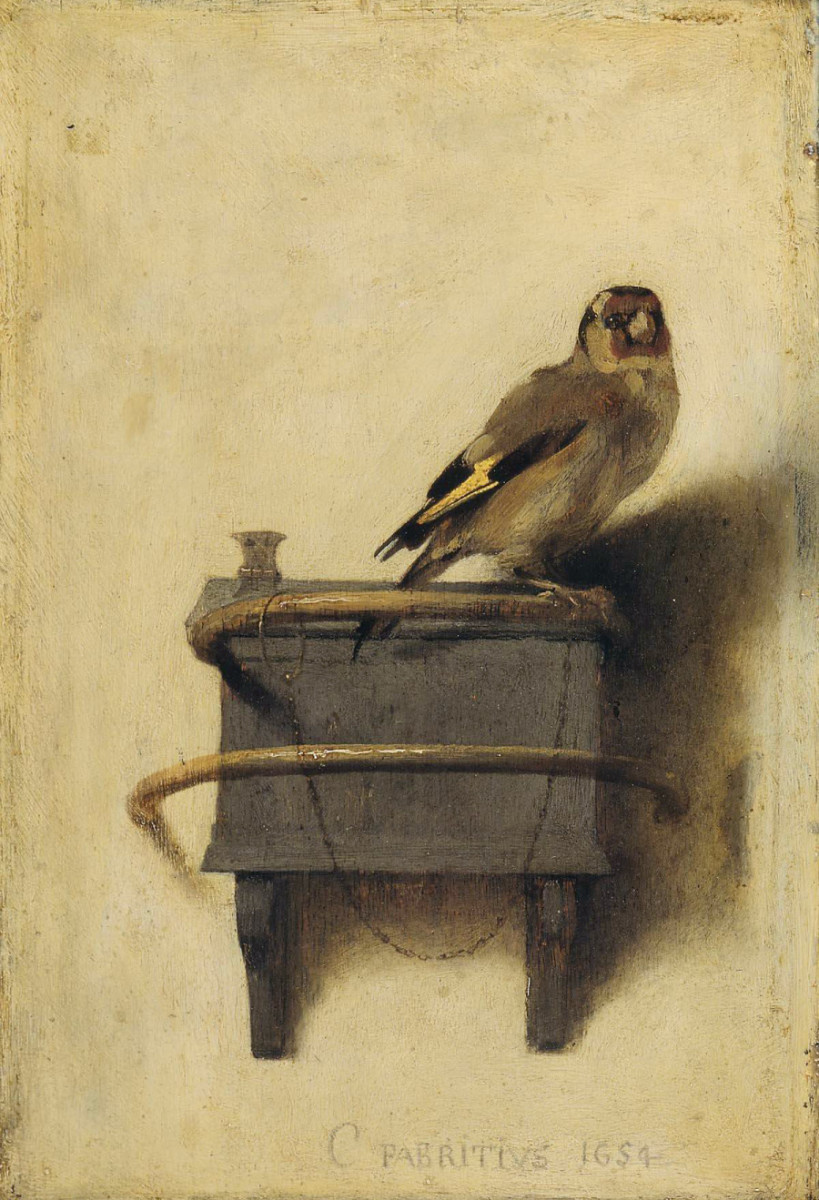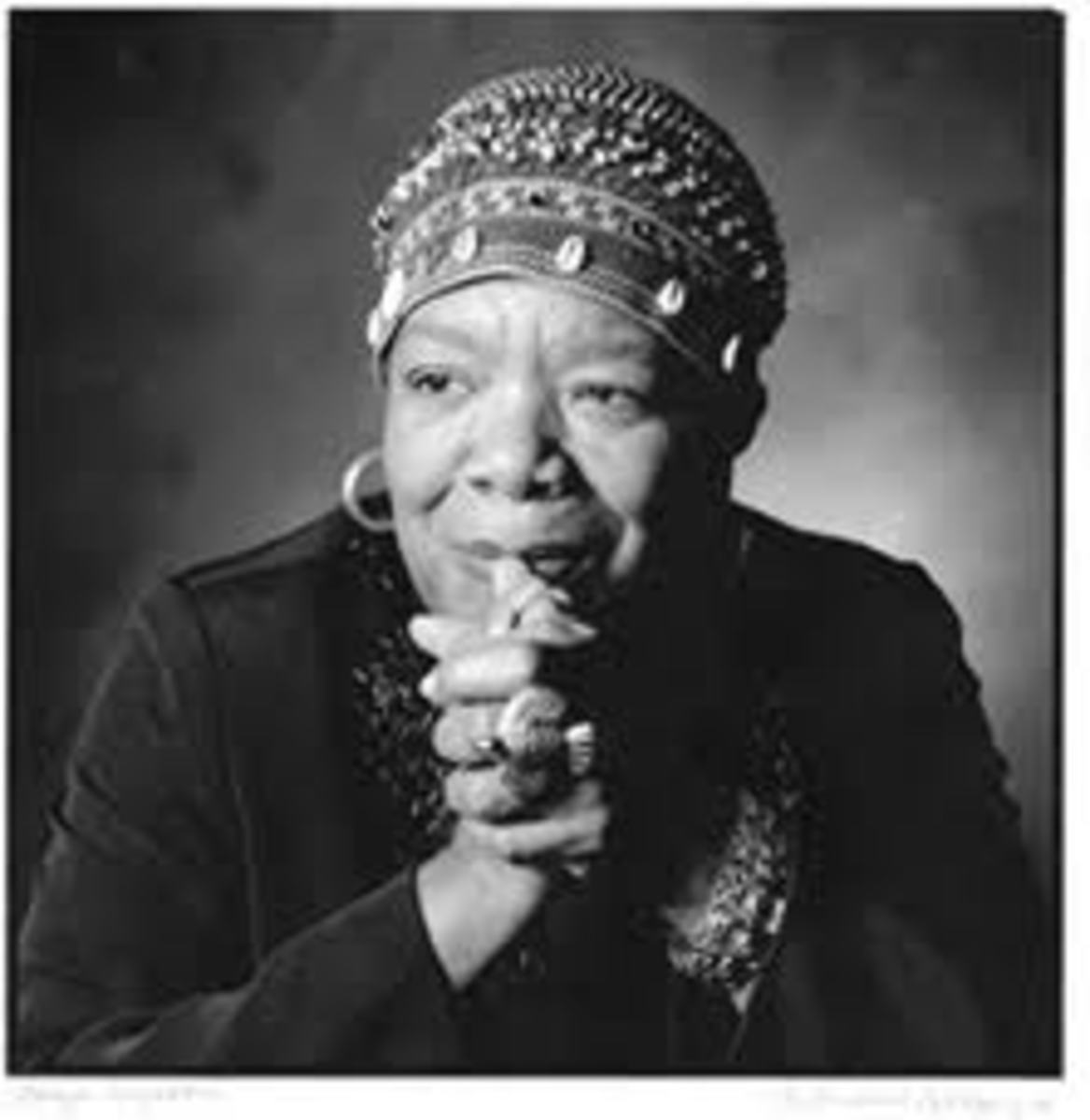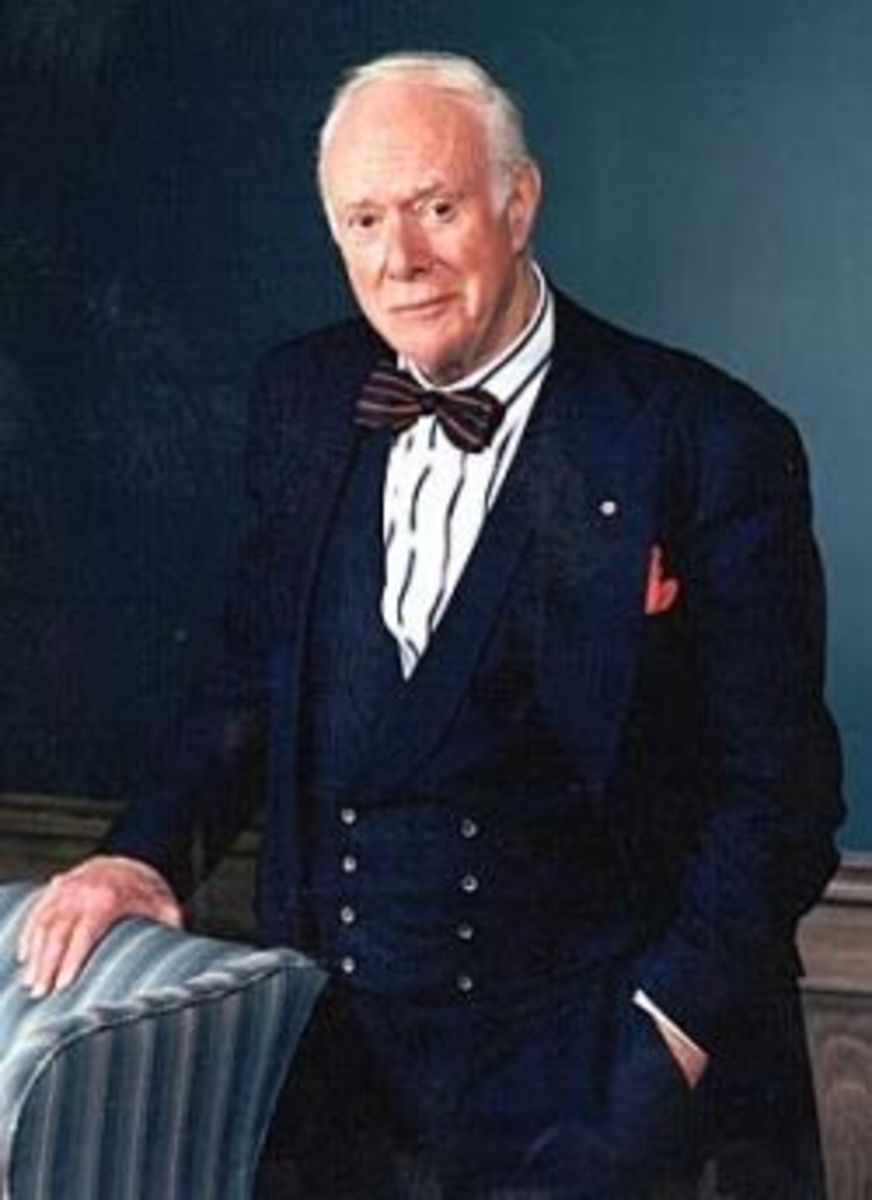Junot Diaz - Dominican-American writer and Pulitzer Prize Winner 2007
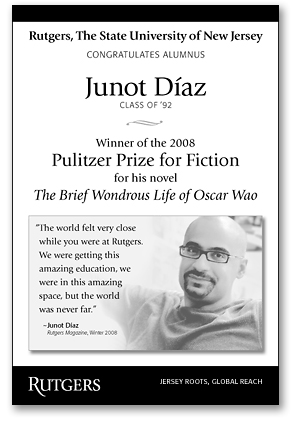
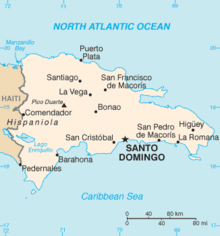
Junot Diaz 1968 - present
One of America's contemporary short story writer and novelist is Junot Diaz, a Dominican-American writer and Pulitzer Prize for Fiction (2007) winner. I first discovered this unusual writer when I read his short story (since turned into a novel) "This is How You Lose Her," in the New Yorker Magazine.
I have never read anything quite so realistic, street-smart, and written with such crude and vulgar Spanglish, as Diaz's. But, I was drawn-in and engaged by his writing of life for Dominican-Americans in the New Jersey / New York City area. Diaz had immigrated with his family from the Caribbean island of the Dominican Republic to New Jersey as a child, and makes the central theme of his literature the immigrant's experience along with semi-autobiographical information he infuses into his stories and novels.
It is so realistic that it is almost jolting to me. Immigrants from the Dominican Republic straddle both worlds - the Dominican one that is full of spells, curses and doom and the American one, which is full of poverty, crime, and abuse. He relates how he and his compatriots travel in both of these worlds through his short stories and novels. It is a gritty, grim world full also of the lushness of a Caribbean island. The ying and yang of his world is almost schizophrenic.
His short story, "This is How You Lose Her," is semi-autobiographical and the story of how he has found the woman of his dreams, but because of his hypersexuality, he is driven to cheat on her several times, and eventually loses her. He describes his experiences of the next five or six years afterward and what he learns about himself - that he will take this awful and traumatic experience and write about it.
And, ladies, my advice is never to get into a relationship with a Dominican man, because they, as a whole, are charming, sexual and cheaters. They are definitely not monogamous. It is part of their culture and a Dominican man is expected to act this way. This is why so many Dominican homes are broken homes and so many Dominican children grow up fatherless.
Diaz has taken his Dominican culture fused with the American culture of immigrants living in the New Jersey / New York area and realistically shows us what life is like for them. Diaz, fortunately, escaped the binding poverty of his childhood as a Dominican immigrant in America through his intelligence and writing talent. It was not easy for him as he had many doubts about his writing talent, but he made it out of the Dominican-American barrio in New Jersey and has made quite a successful life for himself and has reached a pinnacle by winning the Pulitzer Prize for Fiction.
Today, Diaz is a creative writing professor at the Massachusetts Institute of Technology (MIT) and is also fiction editor at the Boston Review. In 2012, he was the recipient of the prestigious MacArthur Fellow "Genius Award" of $500,000.
He is also an activist in Dominican-American community organizations in New York City and he has been very vocal in the press of his criticism of the U.S. immigration policy against illegal deportation of Haitians and Dominicans.



Early life
Junot Diaz was born in Villa Juana, a neighborhood in Santo Domingo, the capital city of the Caribbean island of the Dominican Republic. The island is bordered to the west by Haiti.
For the first six years of his life he lived with his mother, siblings and grandparents in the Dominican Republic while his father worked in the US. In 1974, his father sent for the family, and they were reunited with the father in Palin, New Jersey. Diaz has described his home as "a mile from one of the largest landfills in New Jersey."
It was a Dominican-American barrio in a poverty stricken area of New Jersey just across the river from New York City. There was, of course, an adjustment period and a period of learning some English and eventually after they were settled in New Jersey, Diaz's father abruptly left the family to live with another woman. In fact, it was a woman he had been living with while the family lived in the Dominican Republic.
Therefore, for the majority of Diaz's life, he grew up without his father. His mother became a single parent working long hours to support the children. Diaz began writing at a young age by writing long letters, 20-30 pages long, to his older brother who was hospitalized with leukemia. His brother spent much time in and out of the hospital, but fortunately, survived.
Diaz attended Cedar Ridge High School in Old Bridge Township, NJ and graduated in 1987. He then attended Kean College in Union, NJ for one year and then transferred to Rutgers College, graduating in 1992, with a BA in English.
During his time at Rutgers he lived in Demarest Hall, a creative writing, living-learning, residence hall and was exposed to many authors such as Toni Morrison and Sandra Cisneros who inspired and motivated him to become a writer.
He worked his way through college delivering pool tables, washing dishes, pumping gas, and working in a steel factory. Diaz individually became successful but the rest of his family was not as successful. His father had abandoned them, two siblings went to prison and the family dealt with enormous poverty and difficulty. Diaz has always had a strained relationship with his father and he is no longer in contact with him.
Upon graduation from Rutgers, Diaz was employed by the Rutgers University Press as an editorial assistant. It was at this time that Diaz created his favorite and most familiar character, Yunior, a semi-autobiographical creation, in a story he used as part of his application to his MFA program at Cornell University (1995). Diaz has always described himself as " . . . a disobedient child of NJ and the Dominican Republic, if that can be imagined, with way too much education." And, this is his character, Yunior, also.
Yunior is the main character in the later story I read, "This is How You Lose Her," and in his short story collection, Drown. The character of Yunior has become central to his work. He wrote his first collection of short stories at Cornell and they were published in the book, Drown in 1996. Diaz has also had short stories published in The Best American Short Stories in 1996, 1997, 1999, and 2000.
But, Diaz is best-known for his first novel, The Brief Wondrous Life of Oscar Wao, for which he won the 2007 Pulitzer Prize for Fiction. I have read the novel and it is a complex and brilliant story of the immigrant Dominican-American life in New Jersey.
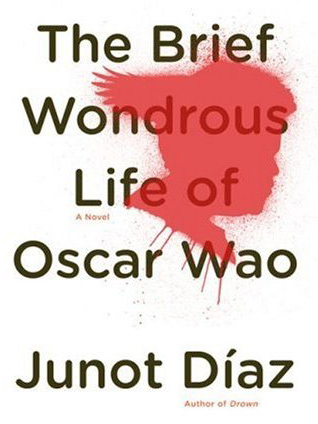
"he conjures with seemingly effortless aplomb the two worlds his characters inhabit: the Dominican Republic of the ghost-haunted motherland that shapes their nightmares and dreams; and America (NJ) the land of freedom and hope and not-so-shiny possibilities that they've fled to as part of the great Dominican diaspora."
~ The New York Times
Awards for the novel
- Pulitzer Prize for Fiction 2007
- John Sargent, Sr. First Novel Prize
- Dayton Peace Prize in Fiction 2008
- National Book Critics Circle Award
- Best Novel of the Year by New Yorker Magazine
- First of top Fiction Books of 2007 by Time Magazine
- Anisfild-Wolf Book Awards
- Massachusetts Book Awards - Fiction Award 2007
The Brief Wondrous Life of Oscar Wao
This vibrant novel was published in September 2007 to overwhelming critical success and landed on The New York Times best-seller list and about thirty-five other best selling lists around the world. The novel is the story of Oscar de Leon and his family, immigrants from the Dominican Republic now living in New Jersey
And, in this novel, one of Oscar's friends is Yunior, the character Diaz created in past short stories while at Cornell. Yunior is the narrator of the novel and Oscar's foil. It is through Yunior's eyes that we see Oscar's story.
Diaz has described his protagonist, Oscar, as a composite of all the nerds he grew up with who didn't have as much masculine privilege as Diaz had. The story is of Oscar seeking love which always seems to allude him. Oscar can't find a girlfriend or get laid and this is anathama to the Dominican culture for males.
Oscar is an aspiring science-fiction / fantasy writer and he wants to become the "Dominican Tolkien," but he has to put up with the burden of his familial Dominican history. The novel combines Oscar's love of sci-fi and/or epic literary genre and the multi-faceted immigrant experience. There are many allusions to Tolkien in Diaz's novel. Diaz combines the two in his novel and he believes there to be a strong connection.
Oscar comes from a Dominican family and therefore is expected to be successful with girls; however, Oscar is only successful with sci-fi, cartoons, reading and role-playing games. He is an outcast, overweight and isolated. Every girl he tries to know or falls in love with rejects him.
Yunior, on the other hand, is hypersexual, athletic and charming with women. He is everything Oscar is not. Yunior is the quintessential Dominican male living the cheating lifestyle that is so much part of the Dominican male's life.
And where does the name 'Oscar Wao' come from? One evening when Oscar and Yunior attend a Halloween masquerade party at college, Oscar masquerades as Oscar Wilde and when another student asks 'Oscar who?' the student hears 'Oscar Wao' and that is how Oscar gets his nickname, further out casting him in his Dominican-American world.
Finally, Oscar embraces his outsider status and refuses to change even though Yunior tries his hardest to transform Oscar into a typical Dominican male, and for this part of the novel Oscar remains a virgin.
In the second half of the novel, Oscar, his mother and his siblings visit their grandmother in the Dominican Republic. As a young adult, Oscar finally finds love in the Dominican Republic and becomes a man. It is a tragic love, though, because the woman, with whom he falls in love and subsequently has an affair with, is a prostitute and is the lover of one of the policemen in the Dominican Republic's police force. Oscar is eventually beaten to death by the police force when it is discovered Oscar is having an affair with the policeman's woman. Hence, the brief life of Oscar.
Motif used in the novel
Diaz uses the motif of magic realism in his novel, especially when Oscar is visiting in the Dominican Republic, and when Diaz is relaying the early life of Oscar's mother on the island. Magic realism is a major motif that runs through much of Latin American writings. When Oscar visits his grandmother in the Dominican Republic, Diaz makes several allusions to Gabriel Garcia Marquez's, 100 Years of Solitude, and the fictional town of Macondo in the Marquez's novel laced full of magic realism. Magic realism is the magical and supernatural events that occur in a novel described with a mundane tone as if they are natural occurrences.
Diaz uses the concepts of fuku, a curse or doom of some kind, specifically the curse and the doom of the New World and zafa, a counter spell to fuku. Dominicans center their lives around these curses and spells and they carry them over when they arrive as immigrants in America.
Also, in the novel, Diaz goes into detail of Oscar's mother's life in the Dominican Republic during dictator Trujillo's reign. Diaz shows us the brutal and bloodthirsty Rafael Trujillo, who was the dictator of the Dominican Republic from 1936-1961. Through his extensive use of footnotes in the novel, Diaz weaves the Dominican Republic's history of this period into his story. Many of Diaz's characters are developed in the footnotes in addition to their development in the story. Yunior's narrative continues in the footnotes and reminds the reader there is always more to one's story than just the surface.
Trujillo's reign, revealed in the footnotes, is just as dystopic as Oscar's favorite sci-fi novels and connects the two different time periods and the two world perspectives together with its symbolism.
The novel shows, many times, the brutal and difficult life of Dominican immigrants here in the U.S. and also of their past island life in the Dominican Republic. Straddling the two cultures is not easy for them and affects every aspect of their lives. Diaz brilliantly portrays both these worlds in his award winning novel.
Sources:
www.nytimes.com
www.oprah.com
Copyright (c) 2013 Suzannah Wolf Walker all rights reserved



